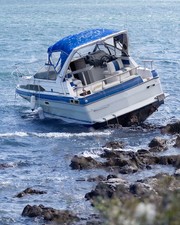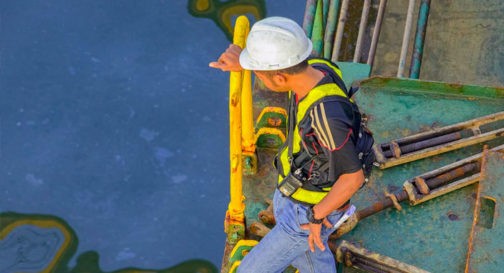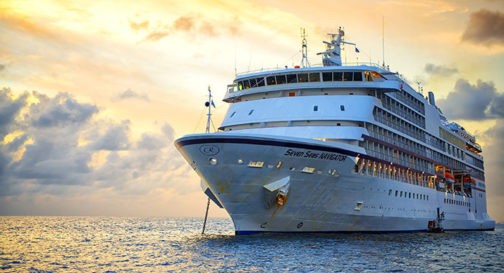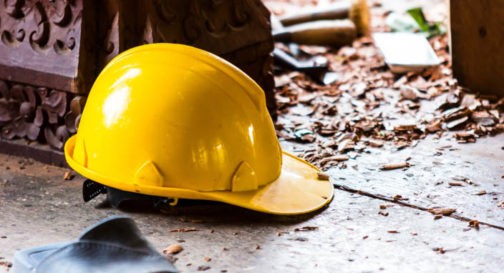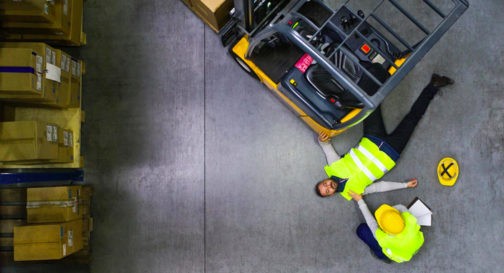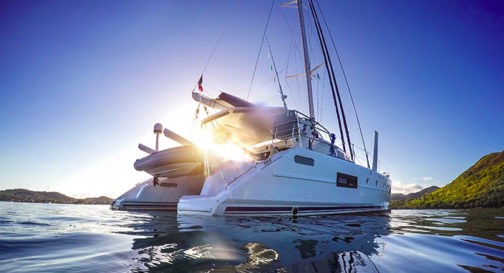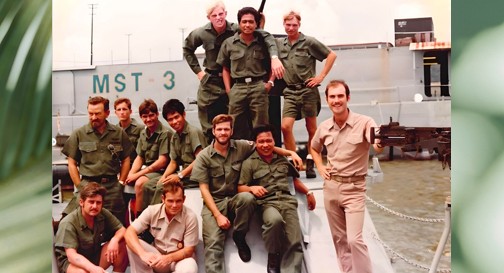What Are the Key Differences Between Commercial Vessel and Recreational Boat Accidents in California?
February 23, 2024
What Legal Requirements Are in Place for Operators of Any Vessel?
All private and commercial vessels have the same right to use public waterways, regardless of the size of their craft. However, every ship captain or operator has a responsibility to the individuals onboard and the vessels nearby. Both commercial and recreational vessels must keep a proper lookout and exercise reasonable caution to avoid harming other boaters and swimmers in the same waters.
In all cases, it is incumbent upon the vessel’s operator to know and follow the applicable state and federal regulations and have the training required to pilot their boat responsibly and carefully. Operators must take into account their speed, the impact of their wake, weather conditions, and the maneuverability of their vessels when navigating the waterways to ensure the safety of themselves and those nearby.
Accidents resulting from negligent navigation, poor upkeep of vital equipment, and reckless behaviors may leave operators liable for damages.
While there may be some similarities between accidents involving recreational vessels, such as yachts, speed boats, jet skis, and other private boats, and the often much larger commercial vessels, there are also many significant differences. Maritime law is highly complex, and determining your legal options after an accident can be daunting. Enlisting the help of a skilled lawyer can help simplify the process and give you peace of mind that your case will be handled correctly and efficiently.
How Do Commercial Vessel and Recreational Boats Accidents Differ?
The exact circumstances of a maritime accident can affect all parts of the claims process. Seeking compensation for an injury caused by a private, recreational vessel will differ significantly from the legal process involved when an individual is hurt on a cruise ship or commercial fishing boat. Some cases may have to be tried in federal court, while others can be resolved in county court or through a workers’ compensation or insurance claim.
Reporting Requirements
All recreational vessel owners/operators are required to report accidents occurring on waters within the State’s jurisdiction to the California State Parks Division of Boating and Waterways (DBW) within 48 hours if the accident results in:
- Death
- Disappearance
- An injury requiring medical attention beyond first aid.
A report must be made within ten days if damage to a vessel or other property exceeding $500 occurs or a victim dies due to their injuries over 24 hours after the accident. Failure to report is a misdemeanor that can lead to six months in jail and/or a fine of up to $1000. Accidents resulting in a death or disappearance on a commercial vessel must be reported to the U.S. Coast Guard promptly.
Liability
In commercial vessel accidents, the vessel owner may be able to limit their liability under the Limitation of Liability Act, provided they can prove they had no knowledge of the issue that led to the accident.
Commercial vessel employers are responsible for providing a reasonably safe working environment for seamen and may be held liable if their negligence leads to an accident and injury.
In contrast, in recreational boating accidents, liability can extend to the boat operator, the boat owner for poor maintenance, and even the passengers if their actions contributed to the accident. A boating accident lawyer can help you identify all the at-fault parties and navigate the process of filing claims, collecting evidence, negotiating settlements, and taking the case to court if needed.
Damages
In commercial vessel accidents, injured workers can often seek damages for their injuries under the Jones Act or the Longshore and Harbor Workers’ Compensation Act (LHWCA). The Jones Act allows seamen who are injured or killed during the course of their employment on a commercial vessel to bring civil action against an employer for negligence or a shipowner for operating an unseaworthy ship. Under the Jones Act, victims may seek compensation for current and future lost earnings, medical expenses, and pain and suffering. Punitive damages may also be awarded if the employer knowingly and recklessly endangered the seaman’s safety.
The LHWCA provides workers’ compensation to maritime employees who work on or adjacent to the navigable waters of the US but are not covered by the Jones Act. Employees eligible for the LHWCA include longshore workers, shipbuilders, ship repairers, and harbor workers. The LHWCA will pay a portion of the injured worker’s lost wages and all their medical expenses and provide vocational training for a new job if they cannot return to their previous position. However, the LHWCA typically provides employers with immunity from civil lawsuits. If you are an injured maritime employee, it is crucial to speak to an attorney to understand the legal remedies available to you.
If you have been injured in a recreational boat accident, you may be able to seek compensation through the at-fault party’s boat insurance. Unfortunately, unlike car insurance, boat insurance for owners and operators of recreational vessels is not required by law. If you are unable to recover damages through insurance, you may be able to bring a civil lawsuit for losses, including medical treatment, property damage, lost wages, pain and suffering, and more.
How Can an Experienced Maritime Accident Attorney Help You Determine Which Laws and Jurisdiction Will Apply to Your Case?
It can be incredibly complex for individuals to figure out whether state, federal, or municipal laws will apply to their watercraft accident. Many factors, including where the accident occurred, if you were working at the time, who was at fault, and what type of vessel(s) were involved, can affect the specifics of your claim. Due to the complicated nature of these claims, it is vital to consult a knowledgeable maritime accident lawyer to ensure you have the best possible chance at recovering full compensation for your injuries.
Any time you experience an accident on the water, whether you’ve been hurt as a passenger or employee on a commercial vessel or were injured while boating on a California lake with your friends, the Law Offices of Preston Easley can provide solid legal guidance and the representation you need. Contact our firm today at 310-773-5207 to schedule a free case evaluation and learn more about your legal rights.

